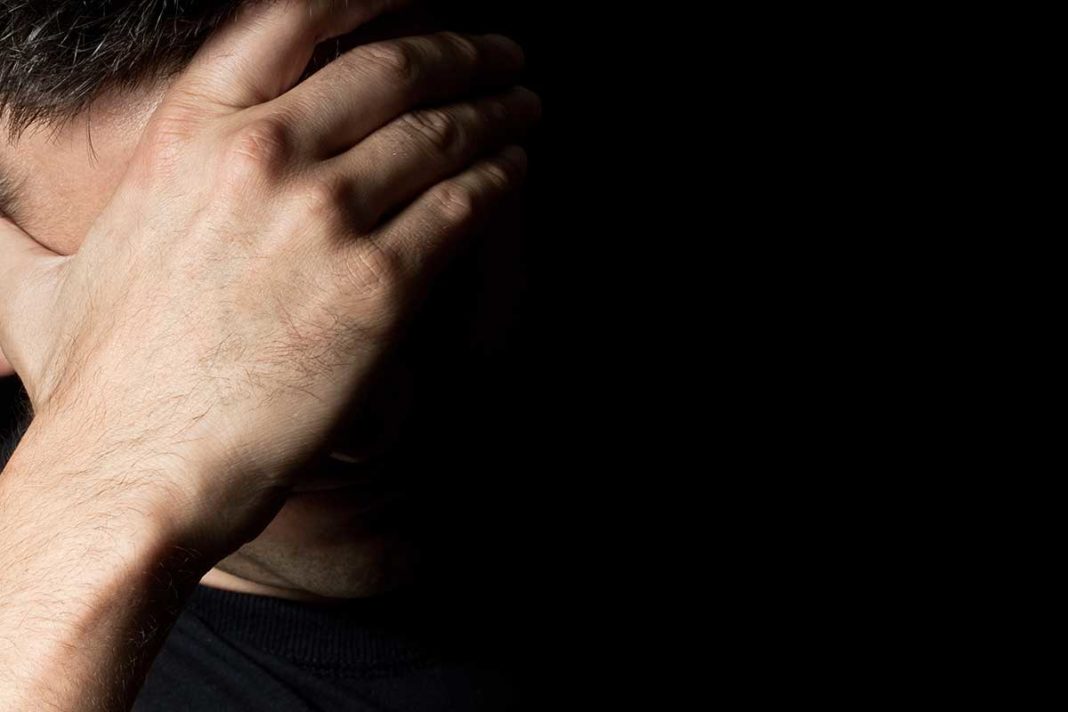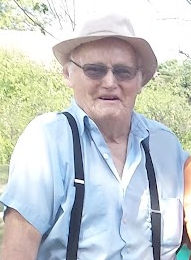Part III of a series: Abused men have few places to turn for shelter
EDITOR’S NOTE: The male-victim experience of family violence is a topic that warrants closer examination to better understand this under-reported and stigmatized issue. The Expositor has explored various facets of this problem in this series, continued here with a look at what barriers men face when they seek to access support services.
MANITOULIN – When women facing domestic abuse seek support from agencies that provide shelters and support services, a barrier they commonly face is a lack of funding at these centres, leading to limited capacity to be able to accommodate their needs. When men are the victims, they face the additional barrier of finding shelters that even include them in their mandates.
“There aren’t many places for men to go (nearby),” said the man who has shared his experiences throughout this series. “After going through this, I do know where to go now, and there’s definitely more now than when I went through this; I hope it saves someone from being really hurt.”
During the man’s healing journey, he found strength through the Canadian Association for Equality (CAFE) and Canadian Centre for Men and Families (CCMF).
As reported in the February 19, 2020 edition of this newspaper, CCMF has been working to build the first-ever Canadian shelter specifically for abused men and their children.
This group has long been an advocate for supporting vulnerable men; its campaigns include raising awareness of the hidden problem of male-victim family violence, as well as education that three in four Canadians who die by suicide are men.
“Regardless of sexual orientation or gender, people should have support and also be believed when they talk to their friends and family. Changing the paradigm around domestic violence and gender is part of what we’re after,” said CCMF executive director Justin Trottier in a 2020 interview with The Expositor. His agency helped more than 450 men in 2018.
Wiikwemkoong’s Nookomisnaang Shelter accepts people of all genders, a welcome step, but it primarily serves that community’s needs. The nearest shelter beyond Nookomisnaang that accepts men is Larry’s Place in Elliot Lake. Its services are limited to the east Algoma area but it regularly gets inquiries from people in Sudbury, North Bay and beyond to access its six-bed shelter for displaced men and their children.
“What is even more hidden is the amount of trauma that men have experienced in their past. We weren’t prepared for that,” said Melody Rose, executive director of Larry’s Place and Maplegate House (the equivalent women’s shelter, also in Elliot Lake) in a 2020 interview.
“Whether they come in from an abusive relationship of their own or coming in from being homeless, there’s a predominant piece of historical trauma coming with them,” she said, adding that much of it comes from their childhood, whether it be abuse from a father figure, a priest or within schools. “It’s way larger than we think.”
The number of people seeking help at the men’s shelter is still lower than that of the women’s shelter, which Ms. Rose said may partially be because men are more reluctant to disclose their abuse. Despite the lower total numbers, the shelter has been close to full capacity since it opened in 2018, helping displaced or homeless men.
Larry’s Place organizers continue to advocate for expanding the support services available for men, such as applying for funding to host transitional supports to help men find stability. This is currently offered on a referral basis.
During the early days of the COVID-19 pandemic, said the Manitoulin-based male abuse victim, the Island did well in providing shelters for homeless people, including men, at local hotels, and said he was hopeful that many Island police officers are now aware of male-victim abuse and may be better able to support victims if they encounter them in the future.
“Right now, I’d like to see social workers advertising specific sessions for male relationship problems, underscoring messages that hitting is not option, don’t be afraid to walk away or take the kids and go,” he said.
For those who don’t need shelter support, Noojmowin Teg Health Centre’s Sexual and Domestic Violence Services (SDVS) program helps people of all genders and cultural backgrounds who are experiencing family or intimate partner violence.
SDVS offers mental health services, counselling, psychotherapy, case management, system navigation and cultural support, as well as the new forensic testing clinic with nurses that can collect evidence after an incident.
Delaney Campbell, a counsellor/navigator with the SDVS program, said men experiencing domestic violence tend to have more fear that they will not be believed, which can be a barrier to them accessing services. She said domestic violence has historically been a problem mostly experienced by women, but the tendency of many to simplify the issue into victim/perpetrator status based on gender stereotypes can risk missing the people who need the most help.
Manitoulin Northshore Victim Services has been a big help, said the man, in that they were willing to distribute pamphlets for CCMF to men who may benefit from its supports. CCMF remains relatively unknown locally, he said, partly because the Island’s biggest family services agency, Manitoulin Family Resources, does not receive funding to offer support for men.
He specifically praised Kate Corbiere, an Island-based worker with Canadian Mental Health Association Sudbury-Manitoulin, for her support with his situation and her interest in addressing this hidden issue. He said she hopes to set up men’s support groups for victims to share their stories and find strength through community.
“I’d love to hear other men talk and share their experiences because it was certainly an eye-opening experience (for me) to listen to other men and realize that I wasn’t alone. To know you’re not the only one that gets cheated on, yelled at or gets isolated,” the man said. “No one should walk away feeling like they’re dehumanized.”
Manitoulin Family Resources executive director Marnie Hall said her agency does not have statistics on male victims, largely because MFR does not serve that demographic, but said data from the legal system show that the problem certainly exists and men have a need for many social services that don’t exist locally.
“We are happy to hear of the additional services beginning to be funded in the province. Everyone needs and deserves safety and, certainly, we do recognize that there are men who are victims of assault and abuse,” she said.
CCMF was in the midst of a large fundraising campaign to open the first emergency shelter for men and their families in Toronto last year, when this newspaper spoke with its executive director. That facility was slated for an April 2021 opening to begin working with clients.





